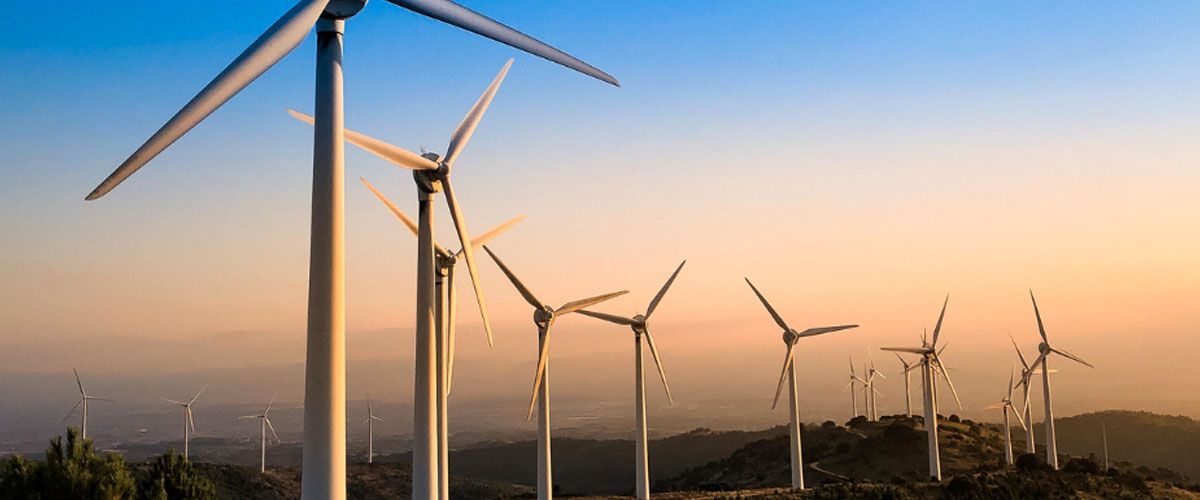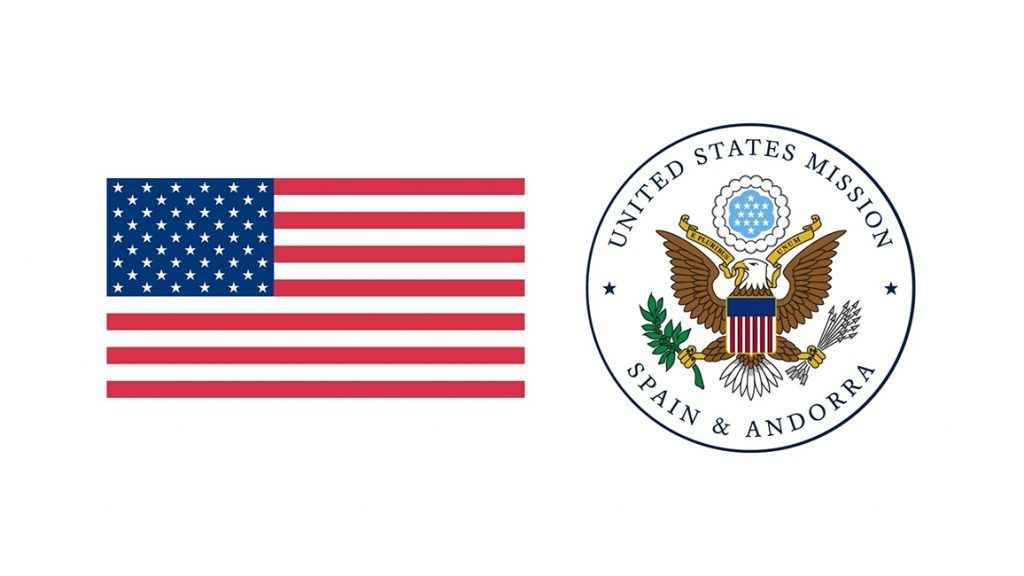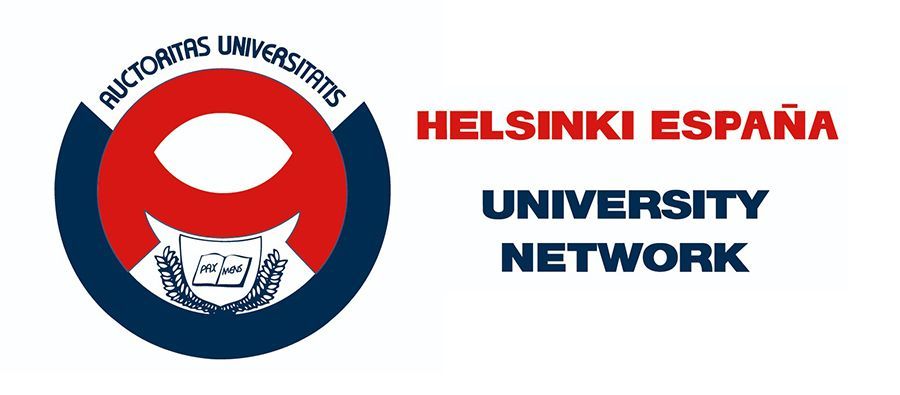Ganadores del concurso (2022)

Belén Guerrero Romero
Universidad Carlos III (Madrid)
Grado en Derecho y Relaciones Internacionales
Cambio climático: una amenaza creciente para la seguridad global
Open Letter for the Strengthening of NATO’s Policies and Partnerships concerning Critical Raw Materials at the 2022 Madrid Summit
Este ensayo consiste en una carta abierta a la OTAN con el fin de poner en relieve la necesidad de definir un concepto estratégico en la próxima cumbre de la OTAN que refuerce la coordinación con todos los actores relevantes en su territorio para asegurar la oferta de materiales críticos como las tierras raras. Tras explicar la indispensabilidad de estos para asegurar una transición ecológica a sistemas de energía libres de carbón, el ensayo se centra en la necesidad y en potenciales caminos para que la OTAN implemente nuevas políticas que aseguren la independencia energética frente a terceras potencias.
Fighting climate change and ensuring a decent standard of living for future generations is one of the greatest challenges lying ahead for the member states of the North-Atlantic Treaty Organization (NATO). Nowadays, carbon dioxide (CO2) levels have reached unprecedented levels and natural disasters driven by climate change have become increasingly common. In the light of the critical current situation, different global and regional institutions have designed diverse plans for action. As such, United Nations’ sustainable development goal 13 encourages member states to take urgent action to combat climate change and mitigate its impacts. In this vein, the European Union (EU) has fostered theEuropean Green Deal, aiming at achieving cero net emissions of greenhouse effects in Europe by 2050, an objective which is also shared by the administration of the United States of America (US).
The gradual transition from fossil fuel-based economies to carbon free systems is an indispensable step in the fight against climate change. This shift will lower CO2 emissions, alleviating the current burden of temperature increases and, thus, enhancing environmental protection. Additionally, it poses a unique opportunity to foster socio- economic development worldwide, bringing positive impacts on job creation and human welfare. However, it is crucial to note that this process will also bring about changes in the prevailing global economic paradigms. Hence, the North Atlantic alliance needs to ensure an active leadership of the ecologic transition in order to guarantee the protection of their long-run strategic economic and defense interests.
The greatest security threat for such leadership is the energetic dependence of the alliance with regards to the so-called critical raw materials (CRM), which are characterized by their simultaneous indispensability for the ecologic transition and their high risk of supply disruptions. These materials are commonly concentrated in highly defined geographical areas, which are often not comprised in NATO’s domains. Such is the case of the rare earth elements (REE), including neodymium or praseodymium. These materials are completely necessary to ensure a sustainable energy transition, insofar they are the main components of the magnets present in wind turbines and electric traction motors. Indeed, their current demand is expected to increase four times by 2050. Nonetheless, their supply comes almost exclusively from China -what poses a risk for NATO’s energetic independence from third states.
NATO has made some incipient commitments in this regard. As such, the strategic concept developed in 2010 stressed the need of mitigating the impacts of climate change and increasing energy needs, and the 2021 NATO Climate Change and Security Action Plan ensured the yearly evaluation of security risks posed by threats related to climate change. However, these efforts still need further in-depth specifications to fight the defense and economic security threat posed by CRM, a field in which only a strategic study has been developed by NATO to date. Given the critical importance of NATO’s energetic independence, it is crucial that the strategic concept defined during the next NATO summit strengthens practical commitments in the field of CRM by focusing on three pillars: enhancing the recycling of CRM, solidifying NATO’s contact with current frameworks of CRM’s supply, and fostering public-private partnerships.
Regarding the first objective, the EU currently recycles 10% of praseodymium and 1% of neodymium and cerium -figures which are even lower for the US. Enhancing recycling capabilities of REE is crucial to boost the energetic independence of NATO through frameworks of circular economy. Concerning the second and third lines for action,NATO ought to summon up the efforts that member states have made to date in the field of CRM, so as to become their spearhead and create synergies among them. In this regard, the US administration has announced major future investments to ensure the domestic production and recycling of CRM, particularly of REE. Parallelly, the EU Commission has created the European Raw Material Alliance with the aim of enhancing strategic autonomy and diversifying the supply of REE. Both strategies put the spotlight in the alliance between public and private sectors, consolidated as United Nations’ strategic goal 17.
Creating a common and unified policy regarding the supply and recycling of CRM, and specially of REE, is critical to ensure NATO’s economic independence from third parties. This is the only possible means to guarantee NATO’s endurable leadership of the economic transition to systems which are not dependent on carbon supplies. In order to achieve this premise, NATO needs to pool the current efforts of its member states and enhance the collaboration between all relevant stakeholders -including institutions, enterprises and civil society organizations. This way, the North Atlantic alliance will be able to consolidate itself as a strong power capable of counteracting China’s influence in terms of energy resources for renewable energies and electronic mobilities.





